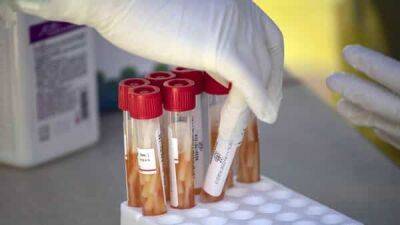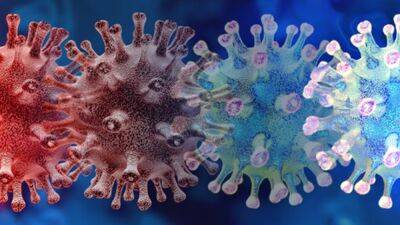CIDRAP to develop vaccine roadmap for future coronavirus threats
New coronaviruses armed with the capacity to cause severe human disease are becoming more frequent, raising the stakes for global preparedness, along with a need for a vaccine that could broadly protect against the most dangerous ones, such as SARS-CoV-2.To help jump-start the process, the Center for Infectious Disease Research and Policy (CIDRAP) at the University of Minnesota announced today that it has received $1 million in grants from the Rockefeller Foundation and the Bill & Melinda Gates Foundation to create a Coronavirus Vaccines Research and Development (R&D) Roadmap.The grants will support an R&D roadmap for developing vaccines that provide broad protection against betacoronaviruses or a subset of betacoronaviruses, which mainly circulate in bats and rodents, but can spill over into human populations.
Over the past few years, health groups have tapped CIDRAP to develop similar vaccine roadmaps for influenza, Zika virus, Nipah virus and Ebola/Marburg viruses.Michael T.
Osterholm, PhD, MPH, CIDRAP's director, said current COVID-19 vaccines may not protect against future SARS-CoV-2 variants, and the threat of a novel virus spillover looms in animal populations."It's only a matter of time before another coronavirus spills over into human populations," he said. "A coronavirus vaccines roadmap will provide a framework for the development of broadly protective coronavirus vaccines to ensure that we are prepared to respond to SARS-CoV-2 variants and the emergence of future coronaviruses with pandemic potential."(CIDRAP publishes CIDRAP News, but the news and research functions of the center operate independently.)A worrisome coronavirus track recordIn just two decades, three novel coronaviruses have emerged, signaling
Read more on cidrap.umn.edu












































